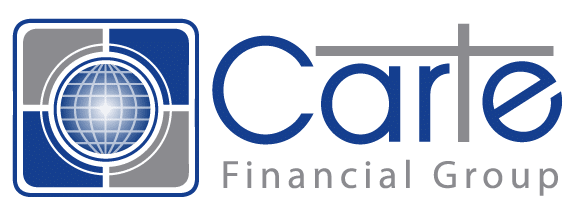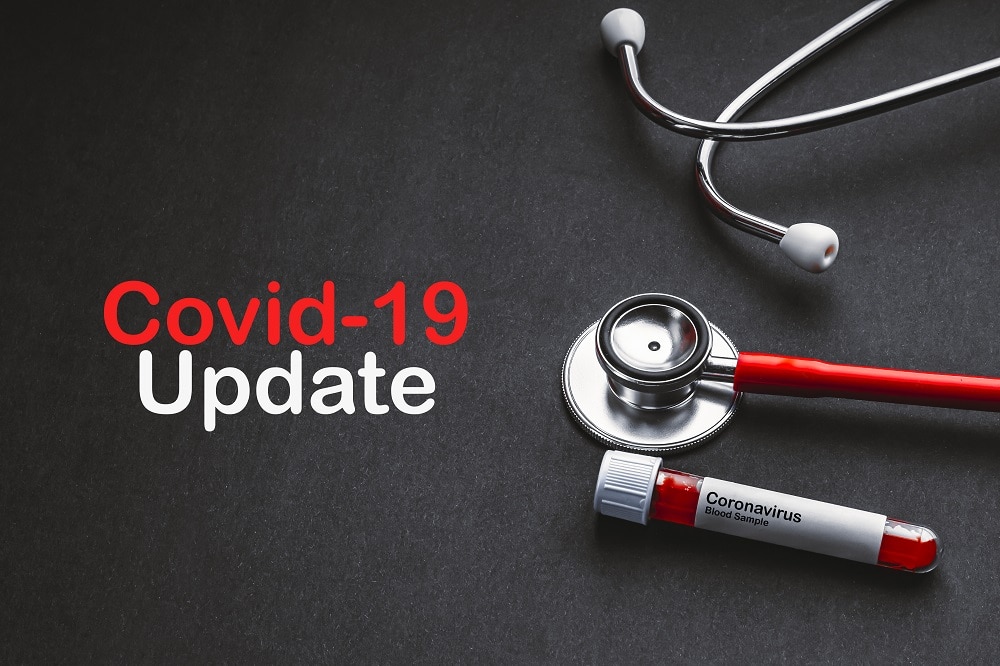By now, you are well aware of the healthcare crisis upon us. It arrived swiftly, and dramatically. And eventually it will pass. In the interim we have outlined our COVID update and our plan to ensure we can continue serve you as we move through this challenging time of COVID.
Below is an outline of our business response and our personal and professional advice at this time of uncertainty. I hope you will read through to the end. (March 17, 2020)
Our business response
- Remote in effect – Effectively immediately, my staff will be working from home. They have full access to their office computers. They are all well and I want to keep it that way so we can support you fully.
- Meetings = All client meetings planned for the next two weeks will be virtual, using www.Zoom.us Clients who have met with us this way previously due to distance, find it seamless to use overall. It is free and easy to use. We will extend this as appropriate.
- Our priority – until this crisis blows over will be in relation to portfolio trades and insurance policy administration over all activities, including general financial planning activities. Clients who need to deposit or withdraw from their account, or alter the construction of their portfolio will be our primary focus. Whether or not you should be taking action is further down in this communique.
- Communicating with us – Email is better than phone, although, we can retrieve voicemail remotely. It’s just easier and faster to receive your messages and to reply by email.
- If anyone has to go to the office it will be me.
- Accessibility If you need to speak to me I am making my cellphone number available to all clients temporarily. It is 416-970-5281. Rest assured if you leave a message, I will respond.
The appropriate health response
- Flatten the curve – Your health and the health of those around you is paramount. The purpose of social distancing is to slow the spread of the virus to prevent our healthcare system from being totally overwhelmed, (it already is stretched). If a manageable number of citizens require hospitalization over the next months, there will be fewer deaths than would otherwise be the case.
- Social distancing – Please take it to heart and ask your family members to do the same, even if they feel well. Do not go to public places unless absolutely necessary. This is what your physician would tell you.
- If you need to shop – Please ask yourself if what you want to go out and buy is absolutely necessary. Most things are not.
- When to call your doctor – If you are concerned that you or a family member may have the virus, do not call 911 but instead call 811 (this line is equipped to help diagnose you). If you are having breathing difficulties, along with a fever, you should head to the hospital. Otherwise, stay home and monitor yourself. The hospitals are not safer than your home unless you are at significant risk. The majority of cases are minor, but those who are significantly affected (both young and old), will need hospital care.
Information sources
- Quality sources – Limit your focus to official government and quality news sources. There is a lot of sensationalism out there that isn’t helpful in the least. I would avoid the major cable networks that have to deliver content 24/7. They will focus on the bad news, not the good news. The media expression “if it bleeds, it leads” exists for a reason.
- There is reason to be optimistic – For example, China and South Korea have already proven that proper containment measures slow the spread. Scientists worldwide are working on a vaccine and sharing their discoveries to speed up development.
- Manage your anxiety – I said this on Friday and I’ll say it again. You make your best decisions when you think clearly. Panic and anxiety is a short-circuit for the brain. There are many things you can do in this regard. Journal, listen to your favorite music, have video calls with friends and family, exercise in your home, deliver medication and/or food to loved ones who have to stay at home.
- If you are an employer – let your staff work from home.
- Helping others – Overall, our clientele could be considered wealthier than most Canadians. If you don’t think you fall into that category, think again. Many Canadians live paycheque to paycheque. When that paycheque stops, they will struggle. If a loved one is in this position, ask them how they are managing and tell them how you can assist them if you can.
Investment markets
- What to do – clearly this is a serious situation that will have economic and market repercussions. As much as we wish it was otherwise, it’s best to accept it and think as clearly as you can about what you should or should not do. Selling in panic is almost always the wrong thing to do, but if you feel you MUST do something, then by all means do something that will cause the least amount of damage to your financial health 5-10 years from now.
- How low can it go? – It’s impossible to say, however, with computer trading, indiscriminate selling through ETFs, and the fact that the news will get worse before it gets better, I can imagine stock prices falling another 10-15 percent from here based on owning mutual fund investments- If you own stocks or ETF’s assume 30- 50 percent from here. Financial securities are one of the only assets that get priced daily when markets are open, so irrational pricing can happen at any time.
- If you want to sell equity positions – Rather than move 100% to cash, consider selling some but not all. If there is a vacuum of demand for stocks, you will be selling at a panic price, not a rational value. It may take a number of years for equity prices of great companies to recover, but they will recover at a rate much higher than bonds, cash or GICs.
- If you want to buy equities – We recommend monthly staged buying. I honestly think that within a couple of years (yes years), confidence will return to capital markets. This is because a recession is pretty certain at this point. This will lead to job losses and a recessionary economic cycle. You have enough bonds to weather this storm.
- If you need to withdraw from your portfolio – I recommend deferring major expenditures if possible. Our financial planning work usually assumes a 4-6% average annual return. We won’t be getting that this year and possibly for the next year too. To stay on track financially, the less you withdraw from your account when your portfolio under performs the average target, the better.
- Policy response – We are hoping to see governments around the world (including ours), open up the purse strings to support citizens who live paycheque to paycheque. They may have limited to no income for a period of time and need the most help. Corporations have a role to play in this too.
- I told you so – There have been market prognosticators calling for a stock market collapse since the last one in 2008. They will be coming out of the woodwork now and the media will give them more airtime than they deserve. Don’t give them your time or attention.
- Avoid regret – Sure it would be great to only hold cash now for opportunities as well as to reduce market risk. It is obvious now in hindsight, but this story is just unfolding and I believe that our society will be fully intact when we come out the other side. So will your investments.
- Which investors will be permanently harmed?
- Those on margin – Investors with portfolios built primarily with borrowed money (leverage). A lot of the selling at this point will be leveraged investors who are being forced to sell because the banks and brokerage firms are calling their investment loans. If they cannot deposit more money into their brokerage account, their securities will be automatically sold. They have a loss on the investment and still have to repay the loan. That’s not you.
- Speculators – enough said. That’s not you.
- Everyday investors who finally capitulate and sell when the market approaches bottom. We hope that won’t be you.
Finally
- Small acts of kindness go a long way. You are more powerful than you think. A call, email, delivering food or medication, and offering a listening ear can make a big difference.
- Society has been challenged before and has prevailed and become stronger, more innovative, and more vibrant thereafter. This will be the same.
We hope you enjoyed this read. If you want to keep up with the latest financial news articles, check our News Blog. You can also find more informative videos on our Youtube channel.





More Financial News & Events
Exploring Financial and Emotional Resilience
Mindshift Mastery and Emotional Resilience
Creating a mentor mindset: How to become one or find one
Jan
Legal Financial Fitness: A Comprehensive Checklist for Thriving Practices
Jan
How to Mentally and Financially Prepare for a Layoff
Jan
2023 tax considerations you may have missed
Dec
How to Hold on to More of Your Cash this Holiday Season
Dec
Financial Moves to Make Before Year End
Dec
Navigating Stagflation: Financial Resilience in Uncertain Times
Nov
Buying and selling real estate amidst inflation
Nov
Navigating the Changing Tides: Real Estate, Inflation, and Rising Mortgage Rates
Nov
How does inflation affect your financial plan?
Nov
Caring for aging parents: The journey and lessons learned along the way
Oct
Resources For managing care for Aging Parents
Oct
Talking to Aging Parents About Finances
Oct
Living your best life: Infusing your best life into your your everyday
Oct
Living your best life: Striking the balance between enjoying life now or enjoying it later
Sep
Living Your Best Life: Client Testimonials and Insights
Sep
Unpacking FOMO: Understanding biases, emotions and financial attitudes
Aug
How to overcome FOMO to not overspend this summer
Aug
How to Overcome FOMO on Investments
Aug
What behaviours undermine your ability to build wealth
Jul
How Do You Loose Wealth
Jul
What Does Wealth Building Mean to Our Clients?
Jul
Estate Planning: What You Can Learn From the Mistakes of Celebrities
Jun
Estate Planning For Lawyers
Jun
Estate Planning for Business Owners
Jun
Managing growth for business owners
May
Are you a lawyer with questions on how to grow your investments?
May
Cultivating a growth mindset around money
May
Why financial growth can be deceptive
May
Home and Financial Document Organization
Apr
Business owners, it’s time to start spring cleaning.
Apr
Spring Cleaning Your Finances
Apr
Unique financial challenges female lawyers face
Mar
Taking Action: A Woman’s Perspective on Deciding To Tackle Her Finances
Mar
Is there a gap in your income protection?
Mar
Knowing the difference between Tax Filer and Tax Advisor
Mar
Conquering Women’s Fears Around Finances
Mar
Trends in Family Law
Feb
PART 2: Financial Conversations Couples Need To Have at Different Life Stages
Feb
Financial Conversations Couples Need To Have at Different Life Stages
Feb
Disruption and Reinvention: Starting a Second Career in your Forties
Jan
How to create a strong financial fortress during market downturns
Jan
Creating a Financial Vision Board for 2023
Jan
5 Tips to set yourself up For Financial Success in 2023
Jan
Year-end Donation strategies
Dec
Year-end tax planning
Dec
Getting clients organized for 2023
Combating Quiet Spending
Nov